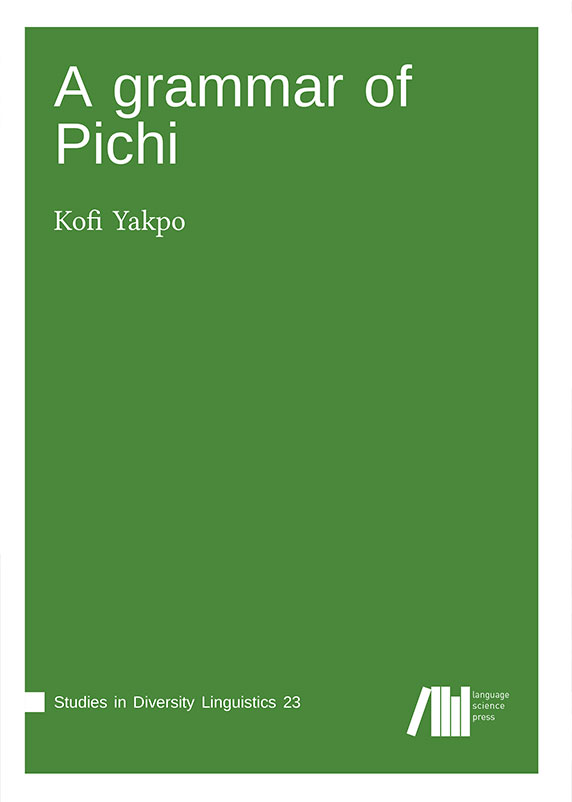Project Description
Author: Kofi Yakpo
Title: A grammar of Pichi
Language Science Press (30 Jan. 2019)
Pichi is an Afro-Caribbean English-lexifier Creole spoken on the island of Bioko, Equatorial Guinea. It is an offshoot of 19th century Krio (Sierra Leone) and shares many characteristics with West African relatives like Nigerian Pidgin, Cameroon Pidgin, and Ghanaian Pidgin English, as well as with the English-lexifier creoles of the insular and continental Caribbean. This comprehensive description presents a detailed analysis of the grammar and phonology of Pichi. It also includes a collection of texts and wordlists. Pichi features a nominative-accusative alignment, SVO word order, adjective-noun order, prenominal determiners, and prepositions. The language has a seven-vowel system and twenty-two consonant phonemes. Pichi has a two-tone system with tonal minimal pairs, morphological tone, and tonal processes. The morphological structure is largely isolating. Pichi has a rich system of tense-aspect-mood marking, an indicative-subjunctive opposition, and a complex copular system with several suppletive forms. Many features align Pichi with the Atlantic-Congo languages spoken in the West African littoral zone. At the same time, characteristics like the prenominal position of adjectives and determiners show a typological overlap with its lexifier English, while extensive contact with Spanish has left an imprint on the lexicon and grammar as well.

